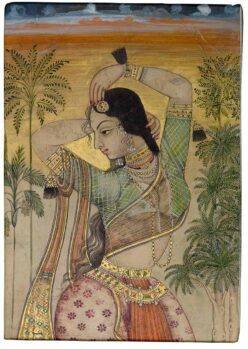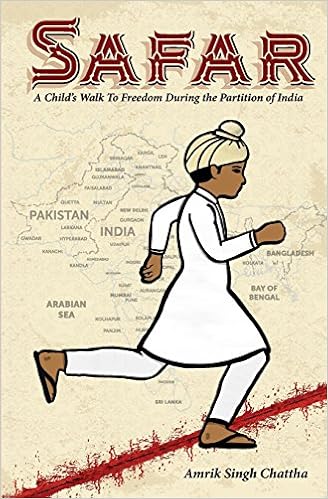Another BP Podcast is up. You can listen on Libsyn, iTunes, Spotify, and Stitcher. Probably the easiest way to keep up the podcast since we don’t have a regular schedule is to subscribe at one of the links above.
You can also support the podcast as a patron. The primary benefit now is that you get the podcasts considerably earlier than everyone else. I am toying with the idea of doing a patron Youtube Livestream chat, if people are interested, in the next few weeks.
Would appreciate more positive reviews!
On this episode, we talk with Dr Amrik Chattha. Dr Chattha is the author of “Safar: A Child’s Walk To Freedom During the Partition of India“, available on Amazon. He talks about life in a Punjabi village before partition and the horrors that followed partition.


Very interesting to hear his anecdote about the Muslims who attacked his Sikh village being from another area. I’ve heard the exact same story from Muslims who fled East-Punjab, that it wasn’t their neighbors who attacked them, it was organized gangs from outside.
The Rakhine Buddhists, during the initial ethnic-cleansing against the Rohingya, said something similar. That there were coordinated groups of Bamar-Buddhists who arrived in Rakhine and stoked up violence against the Rohingya.
This is also the case with Kashmiri Pandits. State funded operatives.
Half-way through, enjoying this podcast a lot. Would be nice to hear the story of someone moving from Indian Punjab to Pakistan as well.
And more recently someone who lived through the Bangladeshi Independence movement.
https://www.dawn.com/news/1491672
“Is Ranjit Singh’s statue in Lahore worth celebrating?”
A great podcast that I listened to in full in my usual manner of listening to podcasts when driving alone.
What I love about Dr Chattha’s views (and true of many Sikhs generally) is how positive/upbeat they are about the future! It is a fantastic quality that I envy in others. I think the epigenetics bit at the end was an overkill, but a great conversation.
Amazing to hear about the amount of social engineering the Brits managed in India, and the locals happily acceded to. Speaks volumes of the trust locals had in British fair play!